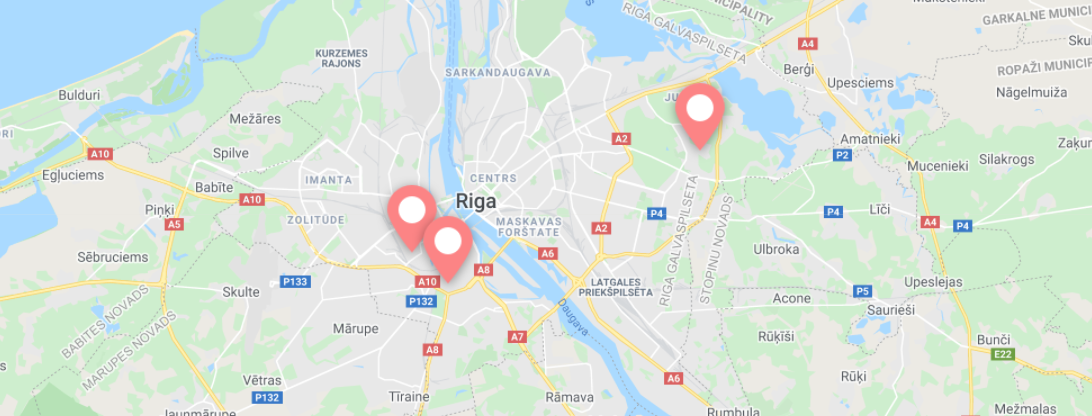Ja kādam jūsu ģimenes loceklim ir hemofilija, visticamāk, esat domājis par to, kurš būtu jāinformē par šo slimību. Par to būtu jāzina gan radiniekiem, draugiem un skolotājiem, gan arī sporta treneriem un brīvā laika aktivitāšu organizētājiem.

With each new relationship we develop, there is period when we are finding out new information about each other. If you suffer with haemophilia, it will naturally come up as part of your conversations. When and what should you tell your partner about your disease?
Choosing the right moment to inform your love interest about your haemophilia is entirely up to you. It’s not exactly necessary to share your health information on the first date. Waiting too long, on the other hand, may make your partner feel misled. When you decide to talk about your haemophilia openly, stress that it:
- Can be managed with appropriate therapy
- Is not contagious
- Does not prevent you from performing normal activities
Breaking a taboo
When your partner is ready, let them ask all the questions they may have in connection to your health. Do not avoid intimate topics and discuss the possibility of starting a family. Although you may feel a little uneasy talking about it, your partner will certainly appreciate it.
Intimate relationships when suffering with haemophilia
Haemophilia may have no adverse effects on your sexual activity. It is, however, reasonable to avoid sexual practices connected with a higher risk of injury. In severe haemophilia cases, sexual intercourse may cause bleeding into one of the muscles of hips and loins which are more active in certain sexual positions. If you feel unusual pain or limited movement after intercourse, contact your doctor immediately. These kind of complications can be avoided in future by choosing a more suitable position.
Planning a family
Sooner or later, you and your partner will start talking about having a baby. It is good to discuss the hereditary aspect of the disease and the options offered by modern medicine. They specifically include prenatal diagnostics and assisted reproduction.
(veri)
Source:
 hema
hema







